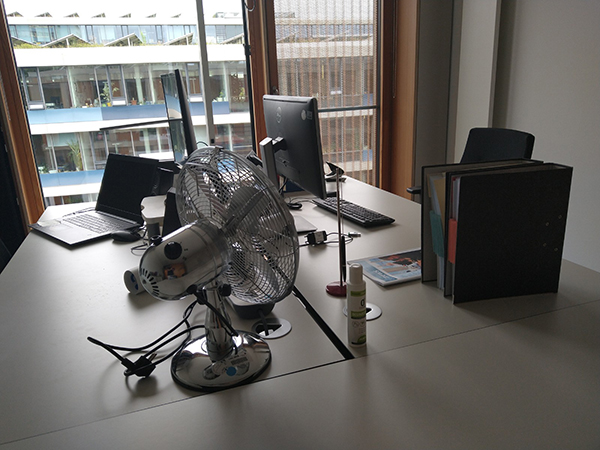In Germany, the introduction of a four-day week in companies is being discussed. However, no decision has been made yet. Trade unions like IG Metall are in favour, employers warn that it is not financially feasible. In order to get more facts, 50 companies can now participate in a model project. This will test what happens if employees work only four days a week instead of five, but receive the same money. Proponents argue that employees are more motivated and concentrated and suffer less from stress. Opponents fear rising labour costs.
The project is organised by the consulting agency Intraprenör and evaluated by the University of Münster. Companies can still apply until 30 November. The project itself will start on 1 February next year and last until August.
Some companies have already introduced a four-day week. There are different models: either the existing working time is divided into four days instead of five—in which case the working days are correspondingly longer. In the second variant, working hours are reduced and wages are lowered at the same time. In the third variant, the working hours are reduced, but the wage remains the same.
Great Britain, Australia, Ireland as well as Spain and Portugal have also started pilot programmes. The radio station Deutschlandfunk reports on this. According to the report, in Belgium the four-day week has been enshrined in law since the end of 2022.
https://www.intraprenoer.de/4tagewoche
https://www.boeckler.de/de/pressemitteilungen-2675-rund-81-prozent-der-vollzeitbeschaftigten-wollen-vier-tage-woche-49242.htm
tun23091903
Ein klassisches Bürozimmer. Foto: tünews INTERNATIONAL / Martin Klaus.
002175




